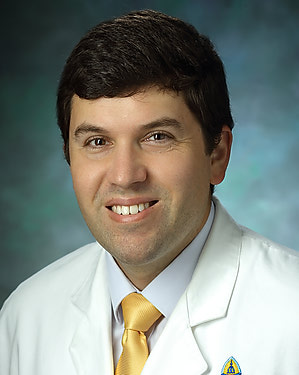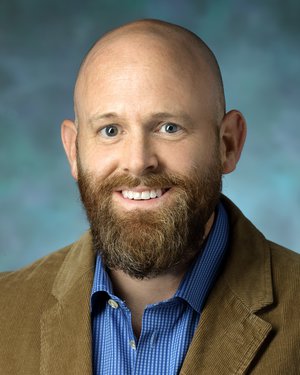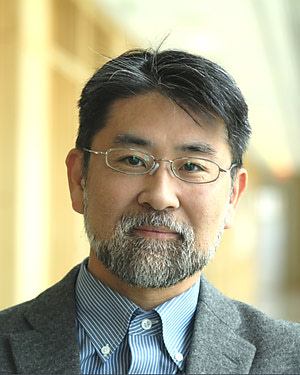Research Lab Results
-
Steven Claypool Lab
Research in the Claypool Lab is focused on defining how lipids and membrane proteins interact to establish and maintain normal mitochondrial function and how derangements in this complex relationship result in pathophysiology. We have demonstrated that yeast lacking tafazzin recapitulates all of the phospholipid abnormalities observed in human patients and many of the mitochondrial defects. Another major project in our lab focuses on the mitochondrial ADP/ATP carrier that is required for oxidative phosphorylation. Researchers are studying how these novel interactions help establish normal mitochondrial function, the biochemical details of these associations, and whether disturbances in these assemblies can contribute to mitochondrial dysfunction. -
Shigeki Watanabe Lab
Research in the Shigeki Watanabe Lab focuses on the cellular and molecular characterizations of rapid changes that occur during synaptic plasticity. Our team is working to determine the composition and distribution of proteins and lipids in the synapse as well as understand how the activity alters their distribution. Ultimately, we seek to discover how the misregulation of protein and lipid compositions lead to synaptic dysfunction. Our studies make use of cutting-edge electron microscopy techniques in combination with biochemical and molecular approaches.
-
Espenshade Lab
The Espenshade Lab uses a multi-organismal and multidisciplinary approach to understand how eukaryotic cells measure insoluble lipids and dissolved gases. We have chosen cholesterol and oxygen as our model molecules, based on their essential roles in cell function and the importance of their proper homeostasis for human health. -
Inoue Lab
Complexity in signaling networks is often derived from co-opting one set of molecules for multiple operations. Understanding how cells achieve such sophisticated processing using a finite set of molecules within a confined space--what we call the ""signaling paradox""--is critical to biology and engineering as well as the emerging field of synthetic biology. In the Inoue Lab, we have recently developed a series of chemical-molecular tools that allow for inducible, quick-onset and specific perturbation of various signaling molecules. Using this novel technique in conjunction with fluorescence imaging, microfabricated devices, quantitative analysis and computational modeling, we are dissecting intricate signaling networks. In particular, we investigate positive-feedback mechanisms underlying the initiation of neutrophil chemotaxis (known as symmetry breaking), as well as spatio-temporally compartmentalized signaling of Ras and membrane lipids such as phosphoinositides. In parallel, we also try to understand how cell morphology affects biochemical pathways inside cells. Ultimately, we will generate completely orthogonal machinery in cells to achieve existing, as well as novel, cellular functions. Our synthetic, multidisciplinary approach will elucidate the signaling paradox created by nature. -
Seth Martin Lab
Dr. Martin's research is focused on rapid generation of new knowledge through clinical studies that can be brought back to the bedside to directly inform the care of patients with advanced lipid disorders and those in need of state-of-the-art comprehensive CV prevention. Members of his lab commit to complete ownership of their project, unwavering pursuit of excellence, and thrive on multidisciplinary teamwork. Active projects include the Very Large Database of Lipids, CASCADE FH Registry, MiCORE (Myocardial infarction, COmbined device, Recovery Enhancement), Google Health Search Trial, and mActive-Smoke. For more information, please visit the Ciccarone Center.



